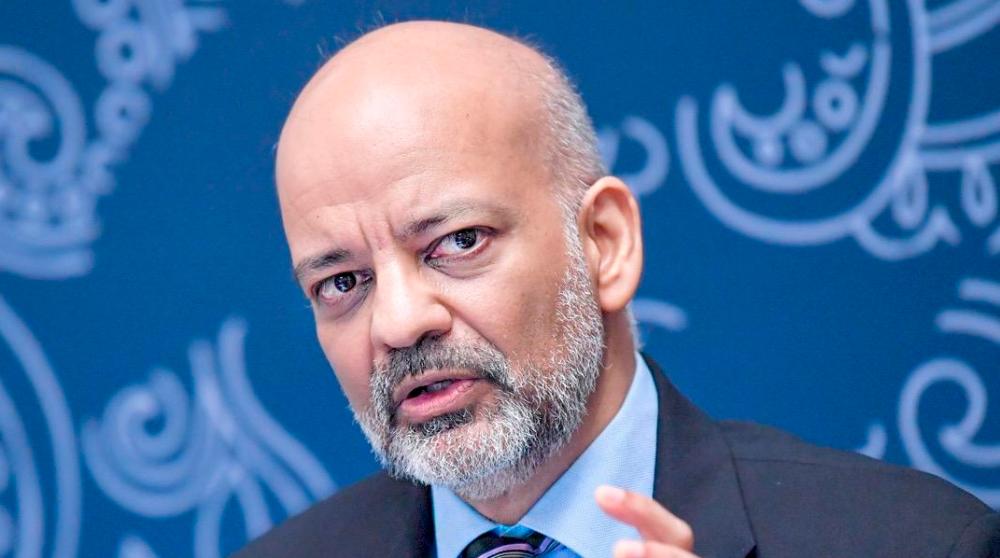KUALA LUMPUR: The Malaysian economy has maintained its strength, thanks to a confluence of domestic reforms, such as diesel subsidy rationalisation, and external boosts, according to the World Bank.
In a post on X today, World Bank lead economist for Malaysia Apurva Sanghi said two other fiscal reforms, however, have not received much attention, namely the Fiscal Responsibility Act (FRA) and pensions.
He said the FRA is a major missing piece in Malaysia’s macro armour and it will link revenue and spending to keep the fiscal ship steady.
“It requires tax expenditure statements to cut down on wasteful tax breaks. It sets out four rules on debt and deficits, pushing for more responsible fiscal spending, and more,” Apurva said.
However, he suggested that the current debt ceiling set by the FRA might be too high and could benefit from a review or adjustment to align better with practices in other countries.
Apurva said the current ceiling of 60% of gross domestic product is somewhat lenient compared to the 45% in similar countries.
“The FRA is vague on what triggers ‘escape clauses’ during crises like pandemics or disasters; the allowed deviations; and the return path to normal. Enhancing such clauses would help.
“Instead of relying solely on a fiscal policy council comprising, among others, the prime minister, deputy prime minister, and ministers, an independent secretariat like that in Brazil, Chile or the European Union could better keep an unbiased eye on FRA compliance.”
Apurva said the proposed pension reform phases out the defined benefits (DB) scheme for new civil servants, replacing it with a defined contribution (DC) scheme. This should make pension spending more sustainable.
Under the DB scheme, the state covers retirement income, with civil servants getting a slice of their preretirement salary at 60%.
“But this won’t be available to new recruits. DC schemes shift the retirement saving responsibility to employees. This makes it easier for the state to handle unfunded liabilities,” he noted.
Apurva believes that the main risk for Malaysia would be transition costs.
“The government still has to pay out under the old scheme, while contributing to the new DC scheme. Plans on how this transition will be managed are unclear at present,” he said.
Many countries, including China and India, have already moved to DC schemes from DB schemes, while Singapore has always had a DC scheme covering both public and private sectors. – Bernama









